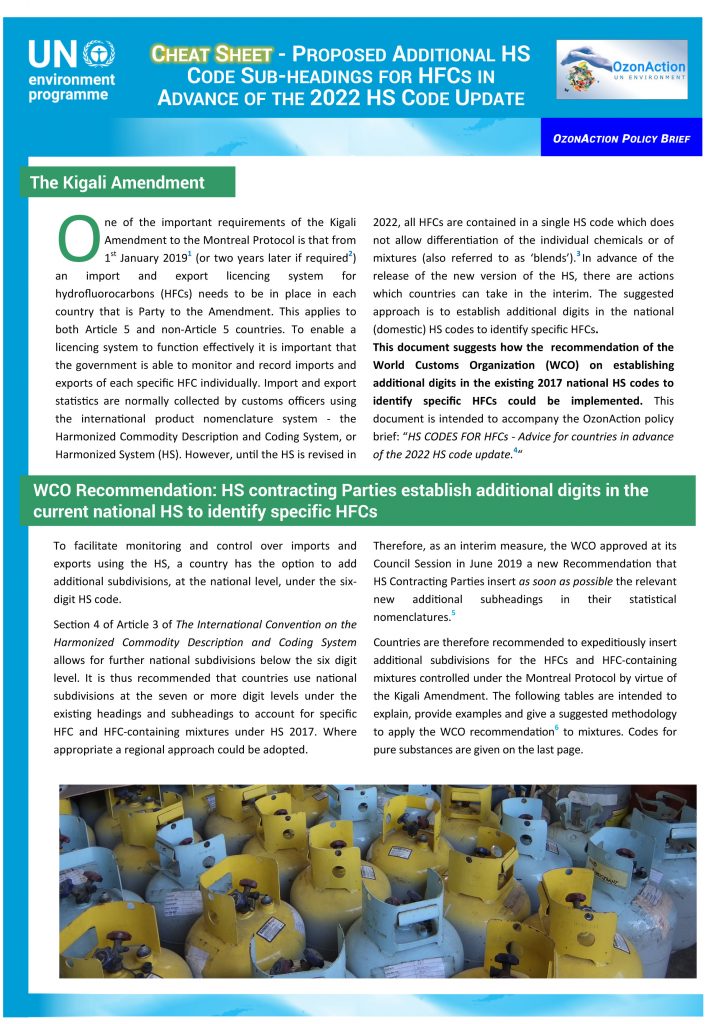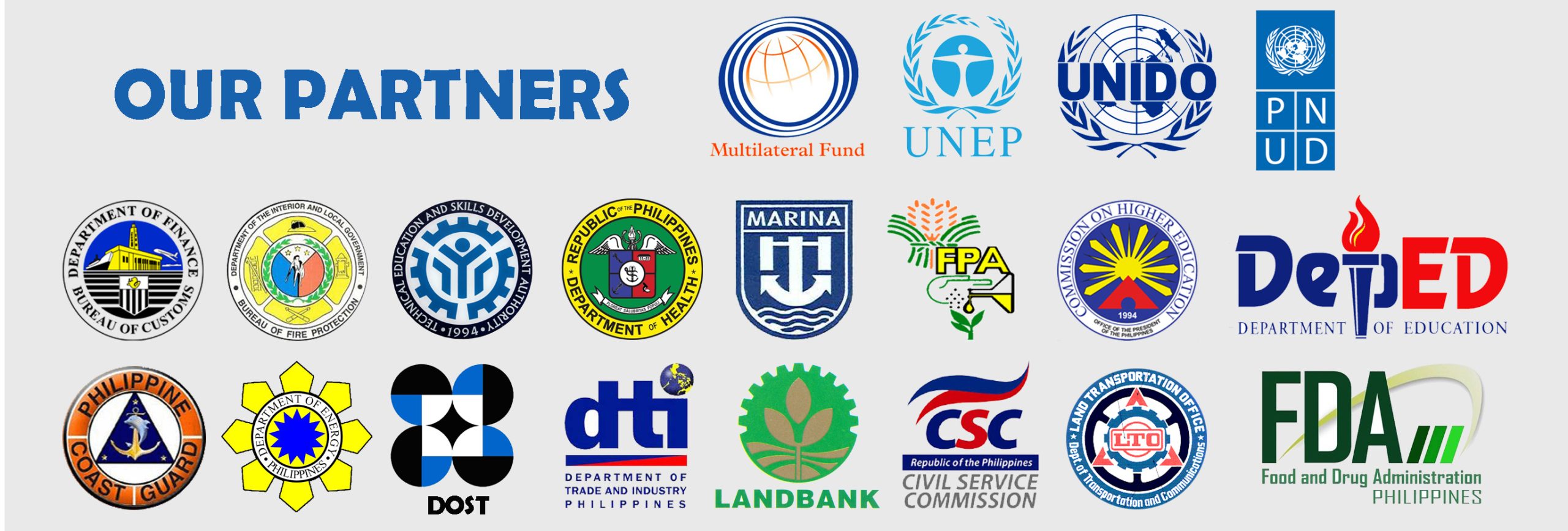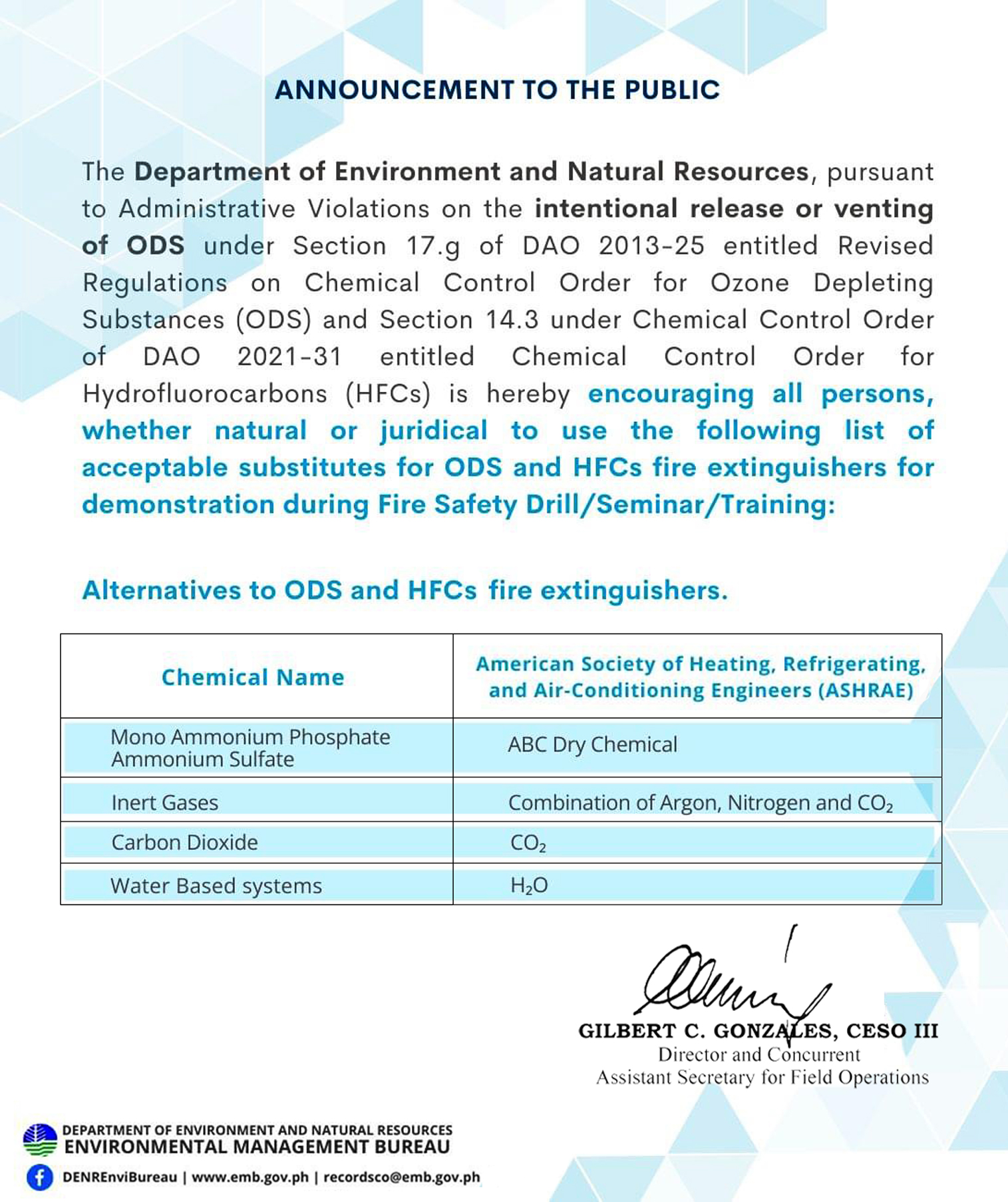One of the important requirements of the Kigali Amendment to the Montreal Protocol is that from 1st January 2019 (or two years later if required) an import and export licencing system for hydrofluorocarbons (HFCs) needs to be in place in each country that is Party to the Amendment. This applies to both Article 5 and non-Article 5 countries. To enable a licencing system to function effectively it is important that the government is able to monitor and record imports and exports of each specific HFC individually. Import and export statistics are normally collected by customs officers using the international product nomenclature system – the Harmonized Commodity Description and Coding System, or Harmonized System (HS). However, until the HS is revised in 2022, all HFCs are contained in a single HS code which does not allow differentiation of the individual chemicals or of mixtures (also referred to as ‘blends’).3 In advance of the release of the new version of the HS, there are actions which countries can take in the interim. The suggested approach is to establish additional digits in the national (domes*c) HS codes to identify specific HFCs.This document suggests how the recommendation of the World Customs Organization (WCO) on establishing additional digits in the existing 2017 national HS codes to identify specific HFCs could be implemented. This document is intended to accompany the OzonAction policy brief: “HS CODES FOR HFCs – Advice for countries in advance of the 2022 HS code update.4“

This document suggests how the recommendation of the World Customs Organization (WCO) on establishing additional digits in the existing 2017 national HS codes to identify specific HFCs could be implemented.
Source: https://www.unenvironment.org/ozonaction/resources/factsheet/cheat-sheet-proposed-additional-hs-code-sub-headings-hfcs-advance-2022-hs-code



